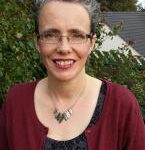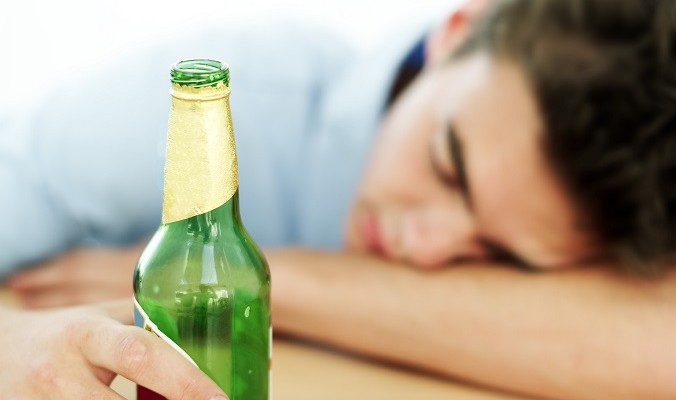There is a psalm that I have loved for many years and even more so since I became a mother. It is psalm 139: “It was you who created my inmost self, and put me together in my mother’s womb; for all these mysteries I thank you: for the wonder of myself, for the wonder of your works.” (Psalm 139:13,14).
The words of this psalm came back powerfully to me a few weeks ago when I attended a Learning and Consultation Workshop organised by the Alcohol Forum in Donegal on the subject of adolescents and alcohol.
A psychologist gave a fascinating presentation about what is happening in the adolescent brain. Did you know that from puberty until at least the age of 25 a large-scale reconstruction is going on in the brain? Many of the pathways that are no longer used are effectively pruned away to give room for new brain pathways to be developed.
Process
This whole process explains a lot about the behaviours we associate with the teenage years and young adulthood. Imagine walking into a hotel that had decided to revamp half its bedrooms and its dining room at the same time – wouldn’t you expect a certain amount of chaos?
Regular use of alcohol can impair the ability of the brain to set down the new pathways it needs and affect the quality of those pathways. Dopamine is a chemical released in the brain when we feel happy or excited.
The amount of dopamine released in a teenager’s brain is reduced. In a way this is a good thing because it urges the teenager out of the safe nest of the family to try new and exciting things in a search for that dopamine rush.
That is part of growing to adulthood but unfortunately for many young people that dopamine rush can come from alcohol.
Teenage drinking is a risky behaviour that gives young people a buzz beyond just the effects of the alcohol and so it can easily lead to more intensive and more frequent drinking. Current advice is for young people to delay drinking alcohol until they are at least 18 but preferably into their 20s. When our adolescents face so many pressures to drink from advertising and their peers they need us to provide them with strong, clear boundaries as a counter-balance.
What has any of this to do with Faith in the Family? I believe it’s really important that we, as parents, help our children to have a real sense of the wonder of their being. That image, that not only did God create us in the womb but that God continues to create us through life is wonderful.
Development
God knits us together in our mother’s womb and that knitting continues with the amazing development of a child’s brain in the first years of life and then the incredible reshaping that happens from puberty into early adulthood.
I want my children to see themselves as God’s ‘work of art’ as Saint Paul says in his letter to the people of Ephesus (2:10). I hope that a deep respect for that ongoing work of creation will influence the choices they make about alcohol and other high risk behaviours.
We were told very clearly at the workshop that strong, confident parenting is one of the most important protective factors for young people when it comes to alcohol.
In one of the Sunday gospels recently people are astounded at the authority with which Jesus speaks. That authority comes from deep within, from who Jesus is and from the fact that how Jesus lives and what Jesus says are two sides of the one coin. What you see is what you get.
Our children and young people need us to parent with confidence and with integrity. They need to know that we also strive to live out the values and vision which we offer them.


 Bairbre Cahill
Bairbre Cahill
